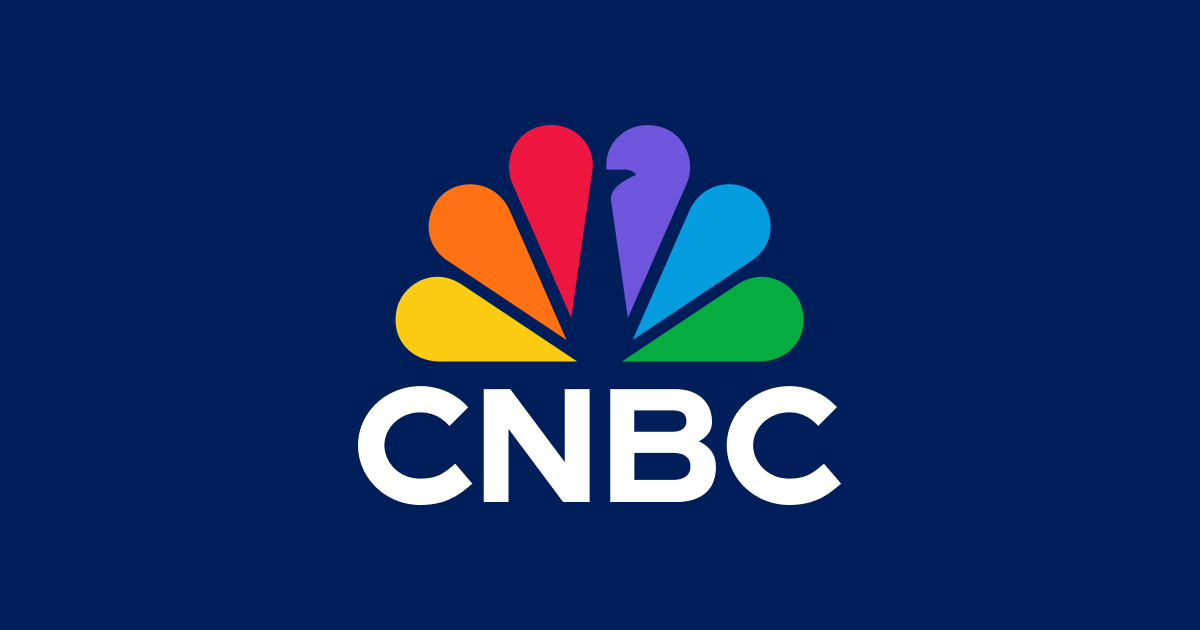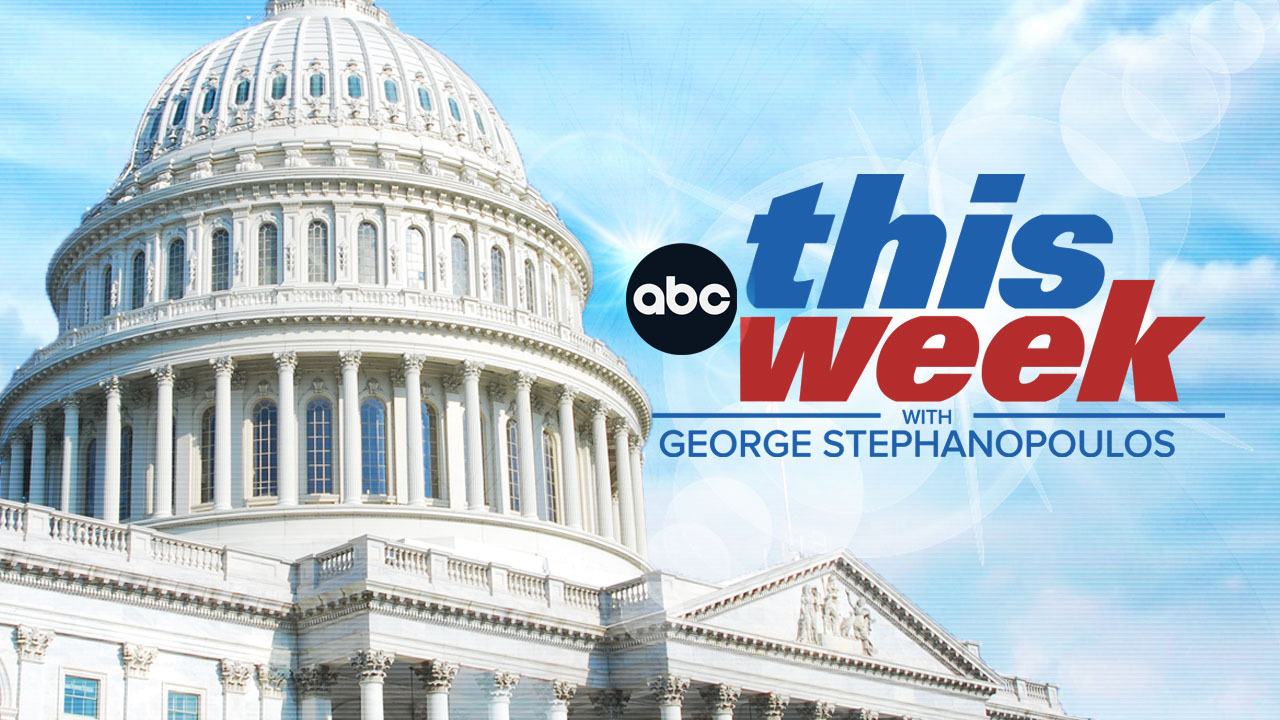Q1 2024 Small Business Confidence Index increases to a score of 47 out of 100, the highest reading since Donald Trump’s last quarter as president
ENGLEWOOD CLIFFS, N.J. and SAN MATEO, CA, February 22, 2024 — CNBC, First in Business Worldwide, and SurveyMonkey today announced the results of their quarterly CNBC|SurveyMonkey Small Business Survey.
Despite lingering concerns over inflation, small business confidence has reached its highest level since Joe Biden took office, according to the Q1 2024 survey, conducted January 22 – February 1, 2024. The survey finds an uptick in optimism among small business owners about the state of the economy and the Federal Reserve’s ability to control inflation compared to previous quarters. Twenty-eight percent of small business owners describe the current state of the economy as “excellent” or “good,” up from 23% the previous quarter, and 18% in the first quarter of 2023. More than one in three (35%) small business owners also express confidence in the Federal Reserve’s ability to control inflation, which is the highest it’s been over the last two years.
With the election only nine months away, most small business owners (66%) disapprove of the way Joe Biden is handling his job as president. However, confidence in President Biden edged higher this quarter, to 33%, similar to his approval ratings throughout 2022 and 2023. Two in three small business owners in both parties (67% for Republicans and 68% for Democrats) are also equally set on who to vote for during this year’s presidential election, while the majority of independent small business owners are still undecided or have no preference.
The survey also highlights that small business owners show broad support for minimum wage increases despite uncertainty over the impact on their business. A majority of small business owners (61%) support a minimum wage increase in their state, but partisanship exposes a divide with under half (44%) of Republican small business owners supporting a minimum wage increase, compared with 67% of independents, and 87% of Democrats.
Overall, the Small Business Confidence Index, a number based on responses to eight questions in the survey, increased to a score of 47 out of 100, up one point from last quarter’s survey and the highest reading since Q4 2020.
“The Small Business Confidence Index offers a crucial look at a community vital to our economic health,” said Lara Belonogoff, senior director of brand management and research at SurveyMonkey. “These findings paint a nuanced portrait that includes increasing optimism about the economy and political direction of the country coupled with salient concerns about the impact of inflation and minimum wage increases to small businesses. Understanding how this population thinks and feels is key to understanding the heart of the American economy—and is especially important to keep an eye on as election season unfolds.”
Each quarter, CNBC and SurveyMonkey poll over 2,000 small business owners aiming to measure the vitality of the American economy as well as the view from Main Street on jobs, taxes, and other hot topics. In addition to measuring small business confidence nationwide, the large sample size gives CNBC and SurveyMonkey the power to uncover trends by geographic region and among specific small business cohorts.
Additional findings from the Q1 2024 CNBC|SurveyMonkey Small Business Survey include:
Inflation concerns persist among small business owners:
- Inflation remains a leading concern for small business owners: 31% say inflation is the biggest risk to their businesses currently, more than double all other issues, including consumer demand (13%), interest rates (12%), labor shortage (11%), and supply chain disruptions (9%).
- Nearly three in ten (29%) believe inflation has reached a peak, similar to the previous quarter (28%), up from 23% in Q1 of 2023, and also reaching its highest point across the last two years.
Small business owners’ views on 2024 electoral candidates:
- The vast majority of Republican small business owners prefer Donald Trump over Nikki Haley as the Republican presidential candidate, with eight in ten (80%) supporting Donald Trump, compared with only 17% supporting Nikki Haley.
- Joe Biden sees much less support among small business owners who identify as Democrats: less than two in three (63%) support the current president as the Democratic candidate.
Leading issues for small business owners when it comes to the 2024 presidential election:
Top issues for small business owners see a partisan divide:
- Inflation and interest rates (74%), economic growth (70%), tax policies (64%), and safety and crime (64%) are the leading issues for Republican small business owners.
- Among Democrats, healthcare costs (57%) and economic growth (50%) are the leading issues, while less than 4 in 10 cite inflation and interest rates (37%) and tax policies (29%) as top issues.
CNBC Restaurant & Small Business Correspondent Kate Rogers will reveal the results of the CNBC|SurveyMonkey Small Business Survey today, Thursday, February 22 throughout the network’s Business Day programming. For more information on the survey including the full results and methodology and in-depth articles, go to: https://www.surveymonkey.com/curiosity/cnbcsurveymonkey-small-business-index-q1-2024/.
Methodology:
SurveyMonkey created a unique Small Business Confidence Index (SBCI), which is a 100-point score based on responses to eight key questions. The index is calculated on a scale from 0–100 and is based on the responses to eight key questions. A zero indicates no confidence, and a score of 100 indicates perfect confidence. The first quarter of 2024′s SBCI has increased to an overall value of 47 from 46 in the fourth quarter in 2023.
This CNBC/SurveyMonkey online poll was conducted January 22 to February 1, 2024, among a national sample of 3,119 self-identified small business owners ages 18 and up. This quarter, we also reached 14,691 individuals who do not own small businesses. Respondents for this survey were selected from the more than 2 million people who take surveys on the SurveyMonkey platform each day. The modeled error estimate for this survey is plus or minus 3 percentage points for the results among small business owners and 1 percentage points for results among those who do not own small businesses.
Data for small business statistics have been weighted according to business characteristics (industry and number of employees) according to the Small Business Administration’s 2013 Statistics of U.S. Businesses. Additionally, person-level data (age, gender, level of education, race, geography) for business owners have been weighted to the Census Bureau’s 2012 Survey of Business Owners.


